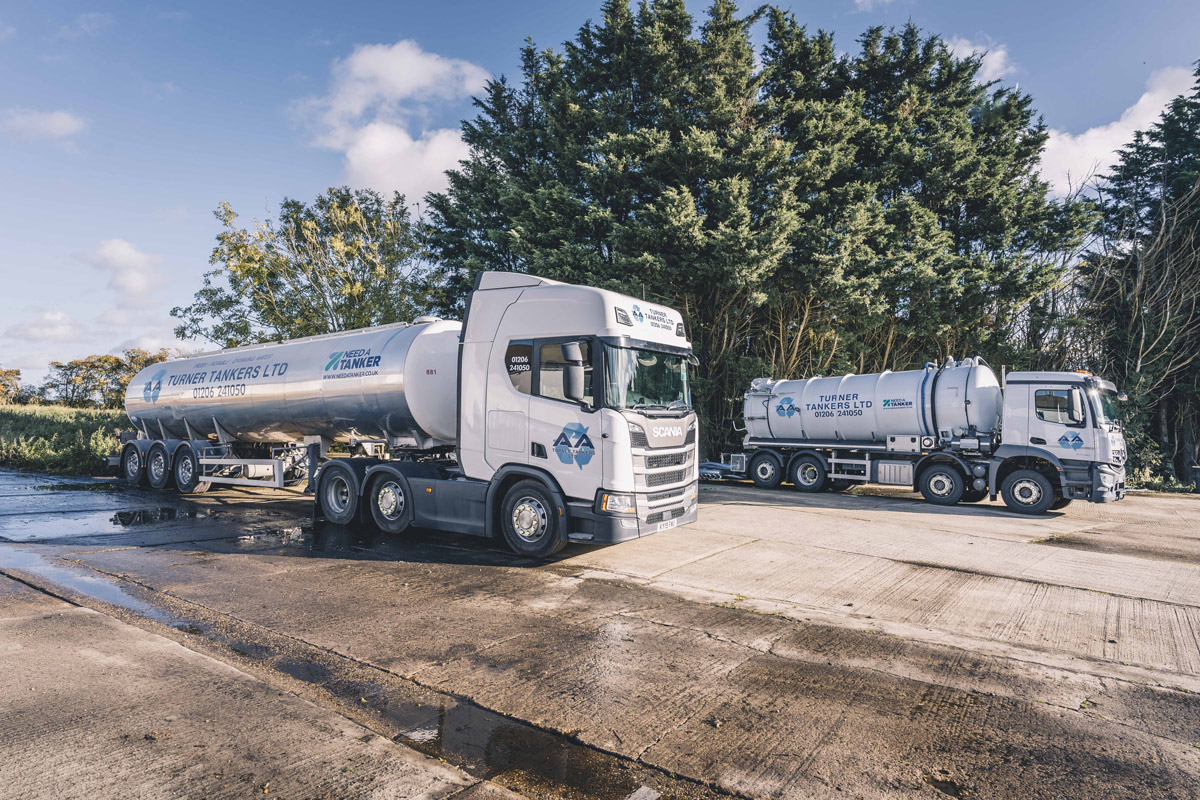About Reclaim Waste
About Reclaim Waste
Blog Article
How Reclaim Waste can Save You Time, Stress, and Money.
Table of ContentsNot known Facts About Reclaim WasteSome Known Questions About Reclaim Waste.The Facts About Reclaim Waste RevealedWhat Does Reclaim Waste Do?Reclaim Waste Things To Know Before You Buy
Discover the types, occurrences, and kinds of liquid waste. Residential sewage waste describes the waste and products from a property sewage-disposal tank. This sort of waste is created by people in houses, colleges, and other structures. This only includes sewage-disposal tanks that have a drain area. The proper monitoring and disposal of domestic sewer waste require fluid waste to be transferred to a sewage treatment plant where the proper techniques and devices are related to cleanse and throw away waste.
Commercial waste typically consists of potential dangers, such as combustible materials or a mix of fluid and strong waste items, and requires a more sophisticated and comprehensive disposal procedure. The disposal of business waste typically includes the filtering of waste prior to transport to ensure safe and appropriate disposal. Industrial waste is produced from results and drainage of commercial procedures and manufacturing.
This sort of waste can not utilize the very same sewage management transportation or processes as septic or industrial liquids. The hazardous waste monitoring procedure calls for the examination and screening of liquid waste before it undergoes the disposal process (liquid waste disposal). Drainage waste is the fluid waste that originates from overflow and excess stormwater in extremely inhabited areas or cities
Overflow waste can cause contamination and flooding if not dealt with appropriately. Discover more concerning sewage system cleansing and waste administration. Making sure appropriate waste administration can avoid disasters and decrease environmental injury. Both people in property settings and experts in commercial or manufacturing sectors can benefit from comprehending the processes and laws of fluid waste monitoring.
Some Known Questions About Reclaim Waste.
Contact PROS Solutions today to find out about our waste management and disposal solutions and the proper means to care for the fluid waste you generate.
(https://zenwriting.net/reclaimwaste1/innovative-industrial-wastewater-treatment-solutions-by-reclaim-waste)Do you understand what takes place to your water when you end, flush the commode or drain pipes the washing machine? No? Well, it's worth recognizing. This so-called 'wastewater' is not only an important resource but, after treatment, will be released to our land, rivers or the sea. Utilized water from commodes, showers, bathrooms, cooking area sinks, washings and industrial processes is referred to as wastewater.

water made use of to cool equipment or clean plant and tools). Stormwater, a form of wastewater, is overflow that moves from farming and urban areas such as roof coverings, parks, gardens, roadways, paths and gutters into stormwater drains pipes, after rainfall. Stormwater flows untreated straight to regional creeks or rivers, at some point reaching the sea.
The Single Strategy To Use For Reclaim Waste
In Queensland, the majority of wastewater is dealt with at sewer therapy plants. Wastewater is moved from residential or industrial websites through a system of sewage systems and pump stations, recognized as sewerage reticulation, to a sewage therapy plant. City governments Continue construct, keep and operate most sewer therapy plants. Operators are accredited under the Environmental Defense Act 1994 to release treated wastewater at an appropriate environmental requirement into waterways.
The Department of Natural Resources suggests city governments regarding handling, operating and maintaining sewage systems and therapy plants. In unsewered locations, neighborhood federal governments might need owners to mount individual or family sewer therapy systems to treat domestic wastewater from toilets, cooking areas, washrooms and washings. The Department of Natural Resources authorizes making use of household systems when they are shown to be effective.
In some new subdivisions, treatment of some stormwater to eliminate litter, sand and crushed rock has begun utilizing gross pollutant catches. Wastewater therapy takes place in four phases: Eliminates strong issue.
Wastewater after that moves into big storage tanks where solids clear up and are gotten rid of as sludge. Grease and residue are skimmed from the surface. Makes use of little living microorganisms recognizes as micro-organisms to damage down and remove continuing to be liquified wastes and great particles. Micro-organisms and wastes are included in the sludge. Removes nitrogen and phosphorus nutrients that can trigger algal blooms in our rivers and endanger aquatic life.
Reclaim Waste - Truths
Nutrient removal is not readily available at all sewer therapy plants since it calls for pricey specialist tools. Clear fluid effluent produced after therapy might still contain disease-causing micro-organisms - industrial wastewater treatment.

A lot of wastewater streams right into the sewage system. Under the Act, regional federal governments administer approvals and licences for eco relevant activities (ERAs) including wastewater releases that might have a local impact.
Top Guidelines Of Reclaim Waste
Or else, samples are considered lab evaluation. Usually many tests are required to establish the levels of each of the different pollutants such as oils, hefty steels and pesticides in water. Surveillance offers accurate info about water quality and can verify that permit conditions are being fulfilled. The info gotten with monitoring supplies the basis for making water top quality choices.
Report this page